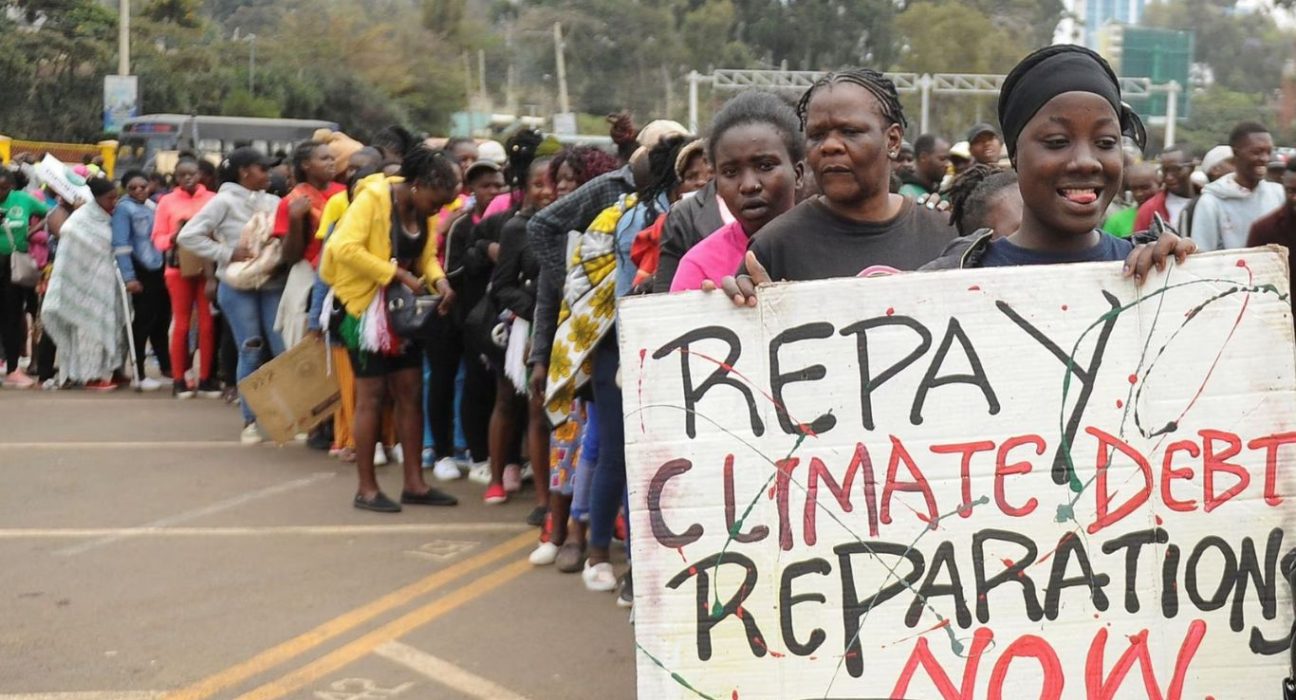Introduction
In a groundbreaking move to combat climate change and foster sustainable economic growth, Africa is gearing up for a carbon credit revolution. The continent’s first-ever climate summit, led by Kenyan President William Ruto, has set ambitious goals to increase carbon credit production by 19-fold by 2030. This initiative has already attracted significant pledges, with investors from the United Arab Emirates (UAE) committing $450 million to the Africa Carbon Markets Initiative (ACMI). This article explores the potential of this initiative, its impact on Africa’s economy, and the global significance of such a commitment.
Africa’s Carbon Credit Ambitions
The Africa Carbon Markets Initiative (ACMI) was launched at Egypt’s COP27 summit in the previous year, and its mission is to harness the power of carbon credits to mitigate climate change. With the growing urgency of addressing global warming, Africa aims not only to fulfill its climate responsibilities but also to seize lucrative economic opportunities. President Ruto emphasized that green growth is not just a climate imperative but also a multi-billion-dollar economic fountain that Africa and the world are poised to capitalize on.
Investor Commitments: UAE’s $450 Million Pledge
One of the most eagerly awaited announcements at the climate summit came from investors hailing from the United Arab Emirates (UAE). They pledged a staggering $450 million to support the ACMI in purchasing carbon credits. This substantial commitment signifies a significant step towards achieving the ambitious 19-fold increase in carbon credit production by 2030.
The Global Significance
Africa’s initiative to boost carbon credit production is not just a regional endeavor; it holds global significance. Carbon credits, which represent a reduction in greenhouse gas emissions, are a vital component of international efforts to combat climate change. They offer a market-based approach to incentivize emission reductions and promote sustainable practices.
Africa’s commitment to increasing carbon credit production aligns with global goals outlined in the Paris Agreement. It reinforces the importance of collaboration between developed and developing nations in addressing climate change. The continent’s vast potential for carbon sequestration and emission reduction projects presents an opportunity for the world to achieve its climate targets.
Economic Opportunities for Africa
The ACMI initiative is not only about environmental stewardship but also about unlocking substantial economic opportunities for Africa. As the global demand for carbon credits continues to rise, African nations are poised to benefit economically. By investing in carbon credit projects, they can generate revenue, create jobs, and stimulate economic growth.
Moreover, this initiative encourages African countries to transition to cleaner and more sustainable industries. This shift can lead to improved energy efficiency, reduced pollution, and enhanced environmental protection. It paves the way for Africa to become a leader in renewable energy, afforestation, and sustainable agriculture, positioning the continent as a global hub for green innovation.
Challenges Ahead
While Africa’s commitment to boosting carbon credit production is commendable, it is not without its challenges. Building the necessary infrastructure and capacity for carbon credit projects can be daunting. Additionally, ensuring that the benefits of these projects reach local communities and promote equitable development remains a priority.
The success of the ACMI initiative will also depend on continued support from the international community. Collaborative efforts, technology transfer, and financial assistance will be crucial in realizing Africa’s carbon credit ambitions.
Conclusion
Africa’s quest to increase carbon credit production by 19-fold by 2030 is a significant step towards combating climate change and fostering sustainable economic growth. The $450 million commitment from UAE investors underscores the global importance of this initiative. As Africa taps into the carbon credit market, it not only fulfills its climate responsibilities but also unlocks a wealth of economic opportunities.
This initiative highlights the potential for synergy between environmental conservation and economic development. Africa’s journey towards green growth showcases how addressing climate change can be a pathway to prosperity. With challenges to overcome and international cooperation as a key driver, Africa is poised to play a pivotal role in shaping a sustainable and resilient future for our planet.










